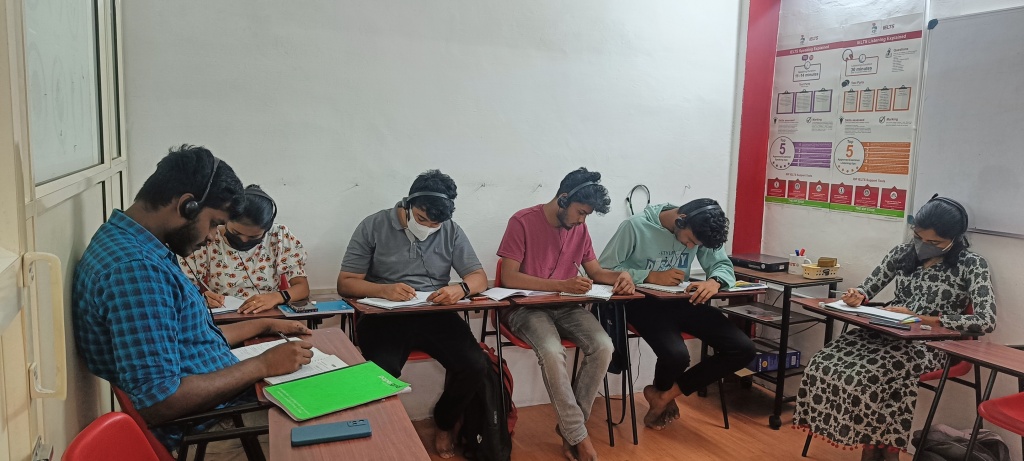STUDENT REVIEWS

My experience with Study outlook was very Good. They helped me throughout the entire process, visa procedure went very smoothly and in a timely manner, all thanks to the Study Outlook. I got constant support from them and got my Visa approved. I would highly recommend Study outlook to anyone who is looking forward to going abroad for higher studies. ~JEFIN PAUL, FRANCE

I would like to thank Study Outlook for their splendid service for my studies. They truly guided me in every step of my visa procedure. They helped me with visa application and interview process and I got my visa. Without any doubt, I highly recommend Study Outlook to anyone hoping to obtain a student visa. ~ANNSANA BABY, FRANCE

I am very much happy and thankful to Study Outlook for all the care and support provided to me to reach Canada and fulfil my dream to study here. The entire process was smooth and quick. Currently I am pursuing my under graduation at Georgian College in Canada. I would definitely recommend Study Outlook for Abroad studies and ielts coaching. ~ANOOP CHANDRAN, CANADA

I got my student visa to study Masters in advanced Physiotherapy at the University of Salford through Study Outlook. I am really happy with the services provided by them. I would definitely recommend Study Outlook for Abroad studies as they are genuine and very supportive by all means. ~DEVAN HARIKUMAR, UK
Joined in for academic IELTS in 2021 for my studies in Canada. Geetha mam and Nitsa mam were very kind and polite to each and every student and took responsibility for everyone’s success in it. They made me clear my IELTS within 2 months with a great score in such a short period of time. They conduct separate speaking mock test for each student before their exams which was very helpful for me during the exam. In my view, they’re the people behind my first success in my path towards Canada. And I would say that if there is someone seeking for the best IELTS or German language coaching, you can be blindfolded and choose study outlook. Thank you so much study outlook overseas. ~KAVEEN KUMAR SIVAKUMAR, CANADA











